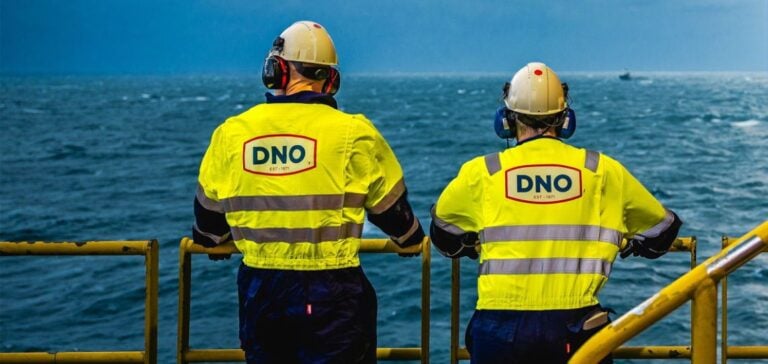Norwegian oil and gas exploration and production company DNO ASA announced it has signed an offtake agreement for its Norwegian gas production with French energy company ENGIE SA, alongside securing an offtake financing facility from a major US bank amounting to up to USD 500 million.
Terms of the agreement
The offtake agreement with ENGIE covers the entire Norwegian gas production of DNO ASA, following the recent acquisition of the Sval Energi Group AS. The contract has a fixed duration of four years, starting on 1 October 2025, and guarantees attractive pricing for the entire production delivered to ENGIE.
Additionally, the financing facility obtained from the US bank allows DNO ASA to receive advance payments equivalent to up to 270 days of its scheduled gas production. The amounts received will be indexed to future anticipated revenues from gas sales to ENGIE, at an all-in interest rate below the typical terms of conventional Reserve-Based Lending (RBL). No fees apply for undrawn amounts under this facility, which also does not include any financial covenants.
Restructuring of existing debts
Proceeds from this financing facility will enable DNO to refinance existing credit facilities of Sval Energi, exceeding USD 600 million, and to strengthen its overall financial capacity. Additionally, DNO has also secured a one-year bridge bank loan amounting to an additional USD 300 million.
The Norwegian company is thereby pursuing a diversified financing strategy and states it is ready to expand its financial flexibility. “We have received strong interest from buyers wishing to acquire our extended production in the North Sea, estimated at 80,000 barrels of oil equivalent per day, split equally between oil and gas,” stated Bijan Mossavar-Rahmani, Executive Chairman of DNO.
Ongoing discussions on oil agreement
Meanwhile, DNO stated it is currently engaged in advanced discussions to establish a similar offtake agreement and a comparable financing facility for its North Sea oil production. This step confirms a growing trend among US financial institutions to increase their exposure to the European oil and gas sector, especially in a context of energy uncertainty.
Bijan Mossavar-Rahmani stated that these complex mechanisms have become possible due to the increased willingness of US banks to step up fossil fuel financing, and buyers’ desire to secure stable supplies of Norwegian oil and gas.






















